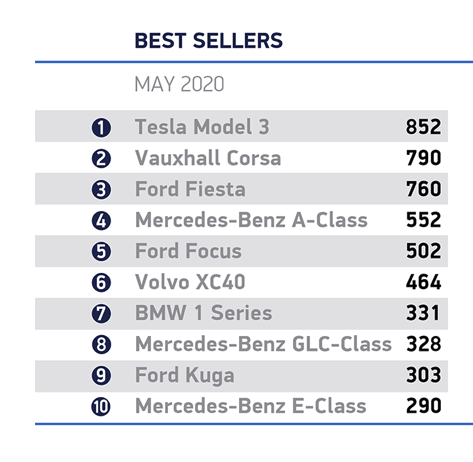Electric Cars: The Basics
For those of you new to zero-emission electric driving, we recommend a read of the following articles:
Sign up to the e-zoomed Electric Living newsletter
Though It Has Taken Nearly 200 Years To Celebrate World EV Day, We Are Thrilled That The Inaugural World EV Event Will Be Held In 2020!
For those of you not familiar with the history of electric cars, the first EV was developed in the 1830s, by a Scotsman named Robert Anderson. The end of the 19th century saw further development in electric vehicles, and in 1891, William Morrison, an American from Iowa, developed the Morrison Electric.

However, the past two decades has seen a revival of the development of EVs and electric driving, in particular, zero tailpipe emission battery-electric vehicles (BEVs). We have witnessed a significant increase in the momentum of the development of green cars. Relatively new EV automotive manufacturers like Tesla Inc., are now a household name, and evoke an aspirational lifestyle. Even traditional behemoths like the Volkswagen Group, have joined the EV race in full force. The Group has committed up to EUR 30 billion to their electrification strategy, with the launch of the ID. Family of electric vehicles. In fact, in the Society of Motor Manufacturers and Traders (SMMT) May 2020 Best Sellers list, the Tesla Model 3 battery-electric vehicle took the top spot!

The UK government has been leading the way for us to become an electric driving nation. It has already proposed a ban of the sale of new internal combustion engine (ICE) vehicles, an integral part of its vision as articulated in the Road to Zero Strategy document. There is an ongoing consultation to bring forward the ban to 2035, but could be potentially 2032.
The electrifying world of e-mobility is not just limited to passenger cars. It embraces all forms of road transport, to include all-electric commercial vehicles, electric vans, electric taxis, electric bikes, electric motorcycles and electric scooters. The diversity of e-mobility is simply staggering.
BEVs or pure electric cars now command a 12% market share in the UK, a significant increase since early 2019 (1.1% market share). Other types of EVs, such as plug-in hybrid electric vehicles (PHEVs) command a sub 5% market share.
The world of electric transportation is not limited to just road transportation. The aviation and marine sectors have also witnessed significant milestones being achieved in regards to electric propulsion.

It is therefore about time, that we celebrate World EV Day, to recognise not only all the past achievements, but more importantly, to recognise the exponential growth and future of electric transportation. The initiative has been launched by ABB and Green.TV. According to ABB, it will be day of global e-mobility appreciation.

Frank Muehlon, Head of ABB’s global business for e-mobility Infrastructure Solutions, said: “This is a crucial time for transitioning to a new, electrified and sustainable model for mobility. As part of ABB Electrification’s Mission to Zero, we are at the forefront of making this transistion possible, and a global day which recognizes and celebrates worldwide the importance of e-mobility solutions is something that ABB is to be the lead partner on.”
Other founding partners include Mahindra Electric Mobility, Volta Trucks, Pivot Power, Liberty Charge, The AA and DPD. This event is expected to become an annual celebration of the EV industry.

We at e-zoomed encourage the Prime Minister Boris Johnson to celebrate World EV Day by replacing his internal combustion engine (ICE) official car, with a zero tailpipe emission battery-electric vehicle!
While e-zoomed uses reasonable efforts to provide accurate and up-to-date information, some of the information provided is gathered from third parties and has not been independently verified by e-zoomed. While the information from the third party sources is believed to be reliable, no warranty, express or implied, is made by e-zoomed regarding the accuracy, adequacy, completeness, legality, reliability or usefulness of any information. This disclaimer applies to both isolated and aggregate uses of this information.





































